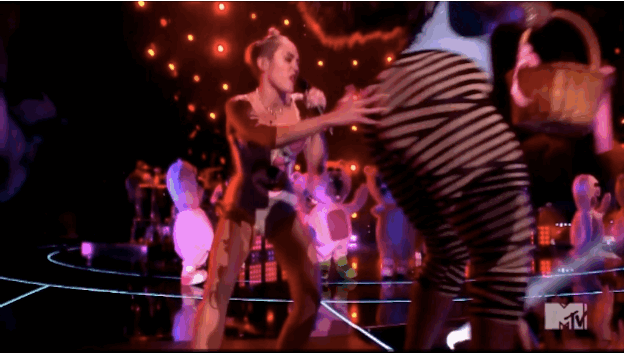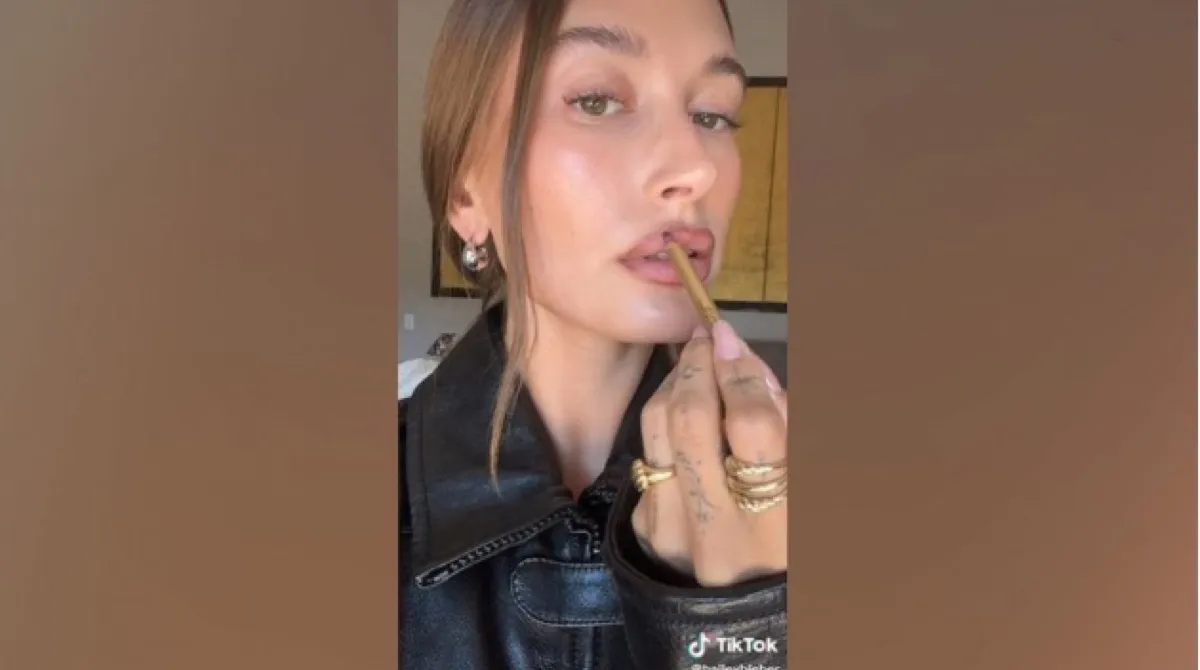Hailey Bieber posted a video in late August promoting her cosmetic brand Rhode. To pump out her lip glaze (basically a lip gloss) to the public, her production team put together a TikTok using a deep brown liner and topped it off with a gloss.
But what Justin Bieber’s wife calls “the brownie glazed lips” is not a new trend. For years, this was not-so-affectionately referred to as the chola lip. The chola subculture is a proud subculture within the Chicane and Latin community, but it’s one that’s often used in stereotypical jokes.
This is a well-established pattern of cultural appropriation. Pick up, perform, profit, and abandon the subculture—usually forgoing any meaningful anecdotes or appreciation of said subculture that usually has strong ties to a community’s cultural and ethnic origins.
Meanwhile, most people of color feel pressured to assimilate into American culture. Parents give their children white American names so they have a better chance of being hired. Those who grew up during the height of the civil rights movement refuse to teach their children and grandchildren their mother tongue for fear that they would be discriminated against because of a language. Even “safer” hairstyles are adopted to prevent extra unwanted attention.
People of color feel the need to abandon parts of their cultural and ethnic identities to be more palatable in corporate environments for generations. So, it’s frustrating when white people get to wear chola lips or get cornrows during their tropical vacation, only to conveniently remove them for a wedding.
Pickup, Performance, and Profits
Culture becomes an aesthetic when appropriated by white people, especially when it’s convenient to sell something. Arguably, Hailey’s trying to sell her new lip gloss. In the past, Gwen Stefani appropriated the chola aesthetic (as well as many others) to sell her music. This pattern of behavior is not new, nor is it free of harm.
The easy argument is that culture is not a trend. While yes, there is merit to this argument, this misses the biggest issue: money. White people like Hailey Bieber and Gwen Stefani can adopt different aesthetics and cultures for profit (and get to choose when they want to turn it on and off). Wearing a culture like a costume is offensive, but to make money off of the image of someone’s identity and history, only to discard it when it no longer makes money, is a bigger issue.
Another major celebrity that is guilty of this is Miley Cyrus during her “Bangerz” era, when she infamously twerked on Robin Thicke during the 2013 VMAs. She sang over trap beats and featured rap artists like Future and Big Sean to help move her away from her squeaky clean Disney image. So what’s the opposite of a good girl to Miley’s PR team? Black culture, obviously.

In 2019, Miley apologized for her “privilege to dip in and out of ‘the scene’” and for her scathing comments about hip-hop being sexist. This apology was just on time for her to promote her EP She Is Coming and her role in Netflix’s Black Mirror.
Intellectual Theft
The summer of 2022 was a popular time to appropriate Mexican culture—from “spa water,” “cowboy caviar,” “Mexican corn salad,” and more. Intellectual theft is not new.
In 2021, Kayla Castañeda, CEO and co-founder of Agua Bonita, allegedly pitched her agua frescas (a traditional Mexican beverage) to a panel of Minute Maid judges, who passed on the product. However, a year later, Minute Maid came out with their own line of agua frescas using Castañeda’s same campaign slogan, using the words “AF” to play off of “as fuck” and “agua frescas.” Odd coincidence, especially considering Minute Maid is probably making millions off of its summer agua fresca products.
Outrage Marketing
In the era of vilifying what the mainstream media has decided to call “woke culture,” outrage marketing (previously referred to as shock advertising) has become a popular marketing tactic. The whole premise of creating a campaign that will offend a group is to create conversations around the promotion and, hopefully around the item being advertised.
Even this article (and many others like it) plays into this strategy. Some of you reading this right now probably didn’t even know Hailey Bieber has a cosmetic company until reading this piece, but now this brand has been introduced to a new audience. So how can we report on this issue without playing into the marketing ploy? Well, easier said than done.
The main strategy for outrage marketing is virality. The fact that the TikTok video has millions of views, over a million likes, thousands of comments (most of which are angry), and almost 4,000 shares mean it’s too late. The post has already gone viral.
In the future, ignoring media created by marketing teams is the best course going forward. Engaging with the original post just continues the post’s virality and monetization potential, so do not react to a post. If you want to react, download the video and then react to it. Writing discourse should be done mindfully and prioritize the marginalized communities and not prioritize the product or brand.
(via: TikTok, featured image: Hailey Bieber)










Published: Sep 29, 2022 07:01 pm